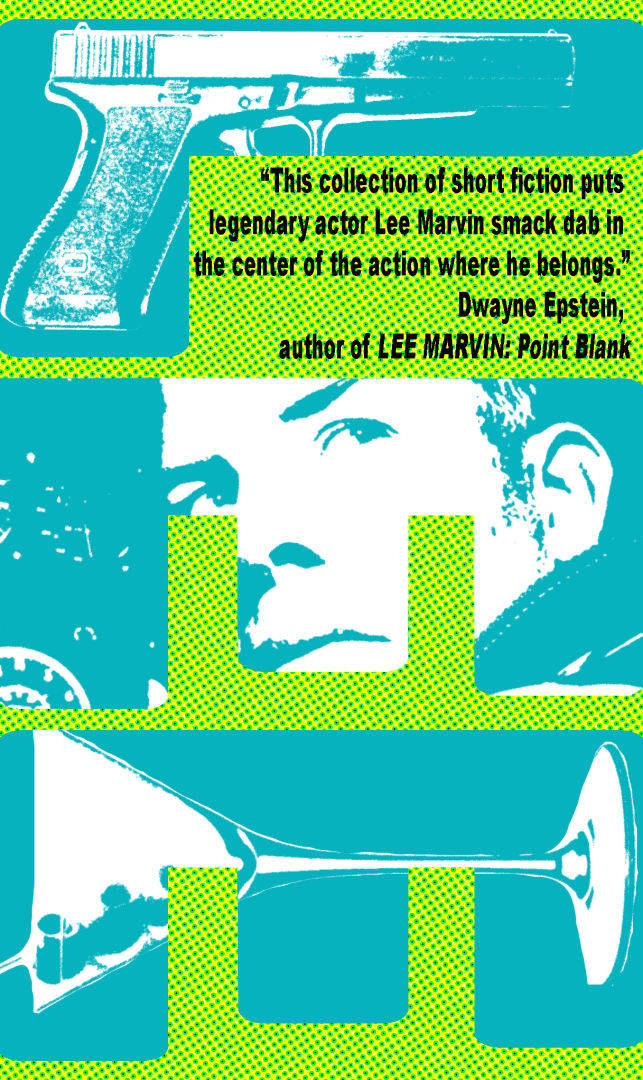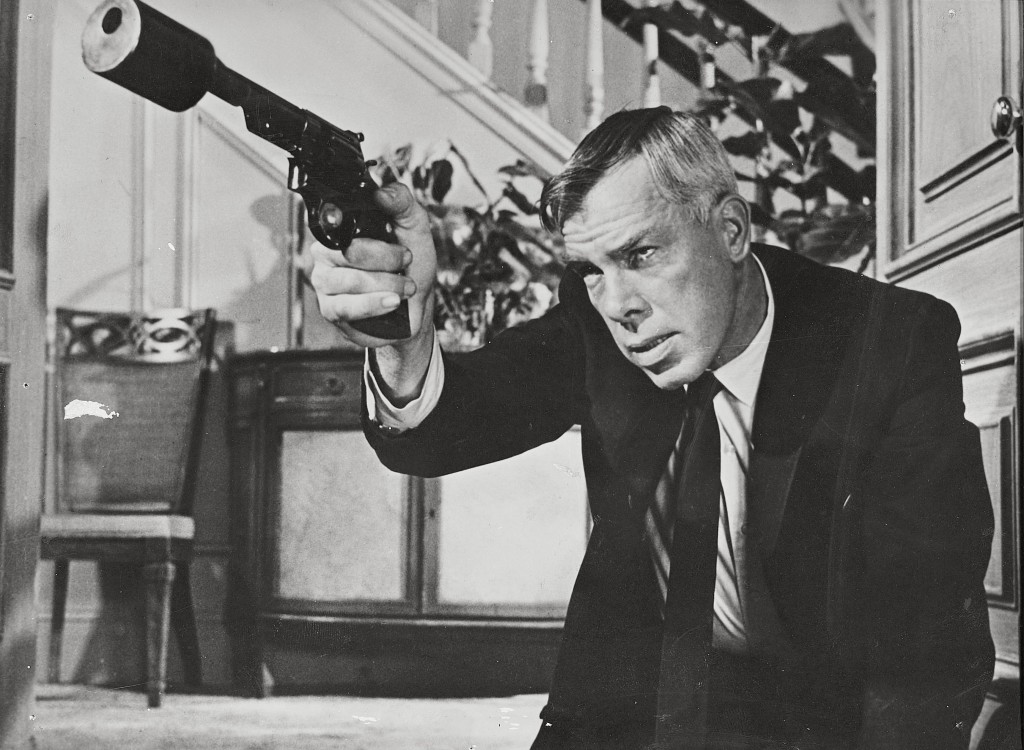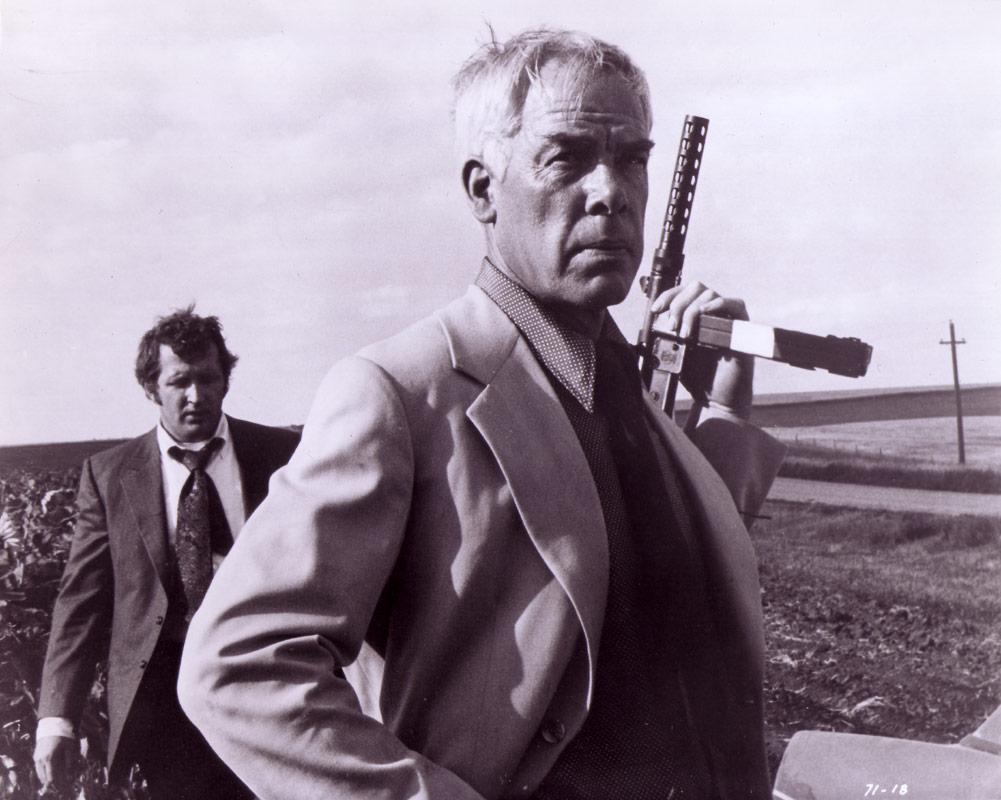Search
-
Recent Posts
- Dishing up Pulp Curry in a new way: why I am starting a Substack newsletter
- Book reviews: Deadly dames, midcentury Brit pulp and 1970s science fiction
- Mackenna’s Gold (1969): Gold, Ghosts and Frontier Violence
- Orphan Road book launch
- Orphan Road now available
- Pre-orders open for my new novel, Orphan Road
- Cover reveal: Orphan Road, my follow up to Gunshine State
- Breakfast in the Ruins podcast: New English Library Bikermania
- Why 1973 was the year Sidney Lumet took on police corruption
- Men’s Adventure Quarterly: Gang Girls issue
Categories
- 1960s American crime films
- 1970s American crime films
- 1980s American crime films
- 1990s American crime films
- Adrian McKinty
- Albert Dekker
- Andre De Toth
- Angela Savage
- Angie Dickinson
- Anthony Zerbe
- Asian noir
- Australian crime fiction
- Australian crime film
- Australian noir
- Australian popular culture
- Australian pulp fiction
- Australian television history
- Ava Gardner
- Beat culture
- Belmont Tower Books
- Ben Wheatley
- Billie Whitelaw
- Black pulp fiction
- Blaxsploitation
- Book cover design
- Book Reviews
- British crime cinema
- British pulp fiction
- Bryan Brown
- Burt Lancaster
- Carter Brown
- Charles Durning
- Charles Willeford
- Chester Himes
- Christopher G Moore
- Christopher Lee
- Cinema culture
- Claude Atkins
- Coronet Books
- Crawford Productions
- Crime Factory
- Crime Factory Publications
- Crime fiction
- Crime fiction and film from Africa
- Crime fiction and film from Cambodia
- Crime fiction and film from China
- Crime fiction and film from India
- Crime fiction and film from Indonesia
- Crime fiction and film from Japan
- Crime fiction and film from Laos
- Crime fiction and film from Latin and Central America
- Crime fiction and film from Malaysia
- Crime fiction and film from New Zealand
- Crime fiction and film from Scandinavia
- Crime fiction and film from Singapore
- Crime fiction and film from South Korea
- Crime fiction and film from Thailand
- Crime fiction and film from the Philippines
- Crime Fiction and film set in Vietnam
- Crime film
- Dangerous Visions and New Worlds Radical Science Fiction 1950 to 1985
- David Goodis
- David Peace
- David Whish-Wilson
- Derek Raymond
- Diana Dors
- Dirk Bogarde
- Don Siegel
- Don Winslow
- Donald Westlake aka Richard Stark
- Dystopian cinema
- Ernest Borgnine
- Eurocrime
- Fawcett Gold Medal Books
- Femme fatale
- Fernando Di Leo
- Filipino genre films
- Film Noir
- Forgotten Melbourne
- French cinema
- French crime fiction
- Garry Disher
- Gene Hackman
- George V Higgins
- Georges Simenon
- Ghost Money
- Giallo cinema
- Gil Brewer
- Girl Gangs, Biker Boys and Real Cool Cats: Pulp Fiction & Youth Culture, 1950-1980
- Gloria Grahame
- Gold Star Publications
- Gregory Peck
- Gunshine State
- Heist films
- Horror
- Horwitz Publications
- Humphrey Bogart
- Ian Fleming
- Interviews
- Ira Levin
- James Caan
- James Crumley
- James Ellroy
- James Hadley Chase
- James Woods
- Jim Brown
- Jim Thompson
- Joel Edgerton
- John Frankenheimer
- Joseph Losey
- Karen Black
- Kerry Greenwood
- Kinji Fukasaku
- Larry Kent
- Laura Elizabeth Woolett
- Lee Marvin
- Leigh Redhead
- Lindy Cameron
- M Emmet Walsh
- Mad Max
- Mafia
- Malla Nunn
- Martin Limon
- Megan Abbott
- Melbourne International Film Festival
- Melbourne Writers Festival
- Men's Adventure Magazines
- Michael Caine
- Michael Fassbender
- Mickey Spillane
- Monarch Books
- Ned Kelly Awards
- Neo Noir
- New English Library
- Newton Thornburg
- Noir Con
- Noir fiction
- Non-crime reviews
- Oren Moverman
- Orphan Road
- Ozsploitation
- Pan Books
- Parker
- Paul Newman
- Peter Boyle
- Peter Corris
- Peter Strickland
- Peter Yates
- Poliziotteschi
- Pulp fiction
- Pulp fiction in the 70s and 80s
- Pulp fiction set in Asia
- Pulp Friday
- Pulp paperback cover art
- Qui Xiaolong
- Raymond Chandler
- Richard Burton
- Richard Conte
- Robert Aldrich
- Robert Mitchum
- Robert Ryan
- Robert Stone
- Rock Hudson
- Roger Smith
- Rollerball
- Rosaleen Norton
- Roy Scheider
- Rural noir
- Sam Levene
- Sam Peckinpah
- Samuel Fuller
- Science fiction and fantasy
- Scripts Publications
- Sidney Lumet
- Sidney Poitier
- Simon Harvester
- Snowtown
- Snubnose Press
- Spies
- Stanley Baker
- Sterling Hayden
- Steve McQueen
- Sticking it the the Man Revolution and Counter Culture in Pulp and Popular Fiction 1950 1980
- Stuart Rosenberg
- Tandem Books
- Tart noir
- Tartan Noir
- Ted Lewis
- Toni Johnson Woods
- True crime
- Vicki Hendricks
- Victor Mature
- Vintage mug shots
- Vintage pulp paperback covers
- Wallace Stroby
- War film
- Westerns
- William Friedkin
- Woody Strode
- Yakuza films
- Yaphet Kotto
Nothing but noir
Recommended reading
The lurid world of pulp
- 20th century Danny Boy
- American Pulps
- Bear Alley
- Bloody, Spicy, Books
- Comics Down Under
- Everything second hand
- Existential Ennui
- Greenleaf Classic Books
- Irv O. Neil's Erotica is My Trade
- Killer Covers
- Lost Classics of Teen Lit 1939-1989
- Luminist Archives
- Men's Pulp Mags
- Mporcius Fiction Log
- Murder, Mayhem and Long Dogs
- Neglected Books
- Nocturnal Revelries
- Paperback Warrior
- Paperbacks of the Gods
- Pop Sensation
- Pulp artists
- Pulp Covers
- Pulp Crazy
- Pulp Flakes
- Pulp International
- Pulp Magazines Project
- Pulp Serenade
- Realms of the Night
- Romance Fiction Has a History
- Rough Edges
- Sin Street Sleaze
- Spy Guys and Gals
- The department of Afro American Research Arts & Culture
- The Dusty Bookcase
- The Haunted World of Richard Sala
- The Moon Lens
- The Nick Carter & Carter Brown Blog
- The Pulp & Paperback Fiction Reader
- Too Much Horror Fiction
- True Pulp Fiction
- Vault of Horror
- Vintage Nurse Romance Novels
- Vintage Romance Novels
- Welcome to the Pan Paperback
- Yellow and Creased
Support This Site
If you like what I do please support me on Ko-fi
Category Archives: Lee Marvin
Summer reading report back 2013
As the summer holiday’s draw to an end and the business part of 2013 kicks off, it’s time for a little run down of what I’ve read over the Christmas/New Year period and how I’m going to approach my reading in the year ahead.
 I’ve seen the 1972 movie Fat City, directed by John Huston, many times but never read the 1969 book of the same name by Leonard Gardner. It was hands down my read of the summer. Indeed, I’ll go as far as saying it’s one of the most beautifully written novels I can remember reading in a while.
I’ve seen the 1972 movie Fat City, directed by John Huston, many times but never read the 1969 book of the same name by Leonard Gardner. It was hands down my read of the summer. Indeed, I’ll go as far as saying it’s one of the most beautifully written novels I can remember reading in a while.
Set in the fifties, Fat City is the story of two amateur boxers, Ernie Munger and Billy Tully. Tully is the older of the two, a former fighter who wants another shot at the big time. The fact he’s an alcoholic means he’s got no chance. Munger is a young man with potential, but you know from the first time we meet him, he’s not going to amount to much. The book follows the hopes, dreams and most of all, anxieties of these two men through a series of bars, flop houses and dead end jobs. As I said, there’s never any doubt the two won’t amount to much, the question is just how far they’ll slide.… Read more
Posted in Crime Factory, Crime fiction, James Ellroy, Lee Marvin, Noir fiction
Tagged American Death Songs, Blood of Paradise, Crime Wave Press, David Corbett, Dead Sea, Dwaybe Epstein, Fat City, James Ellroy, Jim Nisbet, Jordan Harper, Lee Marvin: Point Blank, Leonard Gardner, Lethal Injection, Nicole Moore, Patricia Hindsmith, Sam Lopez, Shakedown, The Censor's Library, The Talented Mr Ripley
The Killers 1964 & 1946
The following is posted as part of Furious Cinema’s Scenes of the Crime Blog-a-Thon. It originally appeared in the Fall 2012 edition of Noir City.
One short story, Ernest Hemingway’s The Killers, which appeared in 1927, two film versions. Robert Siodmak directed the first in 1946. Don Siegel helmed the later in 1964. Both films begin with the premise of Hemingway’s 2951 word piece; two anonymous professional killers hired to murder a man, but in most other respects are completely different.
Siodmak’s movie opens, to the accompaniment of Miklos Rozsa’s brassy jazz score, with the arrival of the killers in a small town. It’s night and all we see are their silhouettes backlit by streetlights. First they check the filling station. Finding it closed, they cross the road, go into Henry’s Diner. You can tell they’re professionals, each enters a different way, cutting off any possibility of their quarry escaping.
In the space of a few minutes, Al (Charles McGraw) and Max (William Conrad), establish a sense of menace and disorientation as good as any classic noir cinema has to offer. After rubbishing the diner’s food and the customer’s small town ways, they tell George, the man behind the counter:
“I tell you what we’re going to do, we’re going to kill the Swede.”
Posted in 1960s American crime films, Albert Dekker, Angie Dickinson, Ava Gardner, Burt Lancaster, Film Noir, Lee Marvin, Parker
Tagged Albert Dekker, Angie Dickinson, Armoured Care Robbery (1950), Ava Gardner, Burt Lancaster, Charles McGraw, Clu Gulager, Don Siegel, Edmund O’Brien, John Boorman, John Cassevetes, Lee Marvin, M Squad, Miklos Rozsa, Norman Fell, Point Blank (1967), Pulp Fiction (1994), Quentin Tarantino, Richard Fleisher, Robert Siodmak, Ronald Reagan, Sam Levene
Prime Cut
Want to talk about a movie that broke the mould when it was made?
Let’s talk about Prime Cut.
Starring Lee Marvin, Gene Hackman and Sissy Spacek, this 1972 film is eighty-eight minutes of pulp weirdness – part exploitation flick, part brutal, hard-boiled, crime story.
Prime Cut was directed by Michael Ritchie, who did no other work of any consequence (with the possible exception of The Candidate, also made in 1972), and written by another relative unknown, Robert Dillon.
Marvin plays Nick Devlin, a tough as nails enforcer who is hired to go to Kansas City and retrieve half a million dollars owed to the Chicago mob by a slaughterhouse Kingpin called Mary Ann (Hackman).
Driving all night, Devlin and his men arrive at Mary Ann’s ranch in the middle of a livestock auction. The slaughterhouse is a legitimate business as well as being a front for a white slavery racket. Groups of well-dressed men wander around the inside of a giant barn, bidding on drugged, naked women, Mary Ann’s ‘livestock’, who have been sourced from orphanages and bus stops.
One of the girls, Poppy (Spacek), manages to ask for help through her drug haze. Marvin takes her ‘on credit’ and leaves, after getting Mary Ann’s agreement to meet him next day and hand over the money.… Read more
Emperor of the North
A couple of months ago I stumbled across the existence of Melbourne-based independent movie distribution company, Bounty Films. The movie that introduced me to them was their release of the hard to get 1955 heist film, Violent Saturday.
Following on from that, Ben Hellwig, Bounty’s Acquisition Manager, was good enough to send me a few of the choice selections from their rapidly expanding catalogue, including a film I’ve been wanting to see for ages called Emperor of the North (or Emperor of the North Pole as its otherwise know).
Made in 1973, Emperor of the North has three big things going for it.
First, Robert Aldrich, who did The Dirty Dozen and one of my all time favourite film noirs, Kiss Me Deadly, directed it.
Second, it stars one of my cinematic icons, Lee Marvin.
Third, it has steam trains. Lots of them.
Emperor of the North takes place in the Pacific Northwest of the United States at the height of the great depression. Economic chaos has created an army of drifters and hoboes who roam the countryside hopping trains when they can.
Except for the number 19, watched over by a sadistic train guard known as Shack (played with eye popping intensity by Ernest Borgnine). With the aid of the large hammer he carries in his belt, Shack ensures that no one rides the number 19 for free.… Read more
Posted in 1970s American crime films, Crime fiction and film from the Philippines, Crime film, Ernest Borgnine, Filipino genre films, Lee Marvin, Robert Aldrich
Tagged Bobby Suarez, Cleopatra Wong (1981), Emperor of the North, Ernest Borgnine, Hell in the Pacific, Keith Carridine, Kiss Me Deadly (1955), Lee Marvin, One Armed Executioner (1983), Robert Aldrich, The Dirty Dozen (1967), Toshiro Mifune























